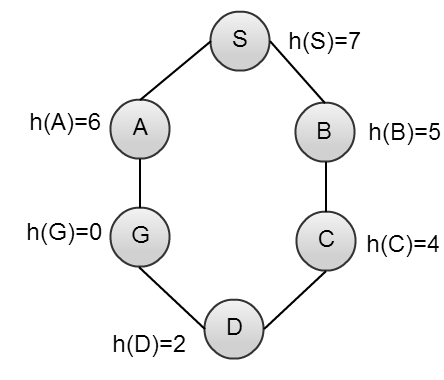Best first search is different from BFS and DFS by that that it uses problem specific information to chose which node of the search tree to expand next. Best first search is informed search and DFS and BFS are uninformed searches.
In order to use informed search algorithm you need to represent the knowledge of the problem as heuristic function.
Best first search is sometimes another name for Greedy Best First Search, but it may also mean class of search algorithms, that chose to expand the most promising node based on an evaluation function(not necessary the same as the heuristics) such as Greedy Best First Search, A* and others.
If you meant Greedy Best First Search:
it is complete (finds a solution in finite graphs) like BFS
it is not optimal(to find the least cost solution) as DFS, but BFS is optimal when the cost of each arc is the same
in the worst case its time and space complexity is O($b^n$), where b is the branching factor and n is the maximal depth. For BFS time and space complexity is O($b^m$), where m is the depth of the shallowest goal.
Greedy best-first search is in most cases better than BFS- it depends on the heuristic function and the structure of the problem. If the heuristic function is not good enough it can mislead the algorithm to expand nodes that look promising, but are far from the goal. Here is one simple example
Let all arcs have the same cost, S - start node, G - goal node and h-heuristic function
Here Greedy best-first search will expand : S,B,C,D,G
And BFS will only expand : S,A,B,G


